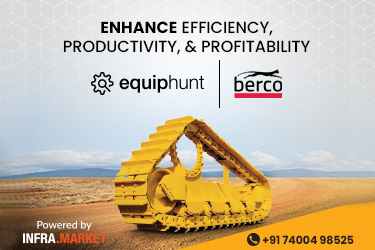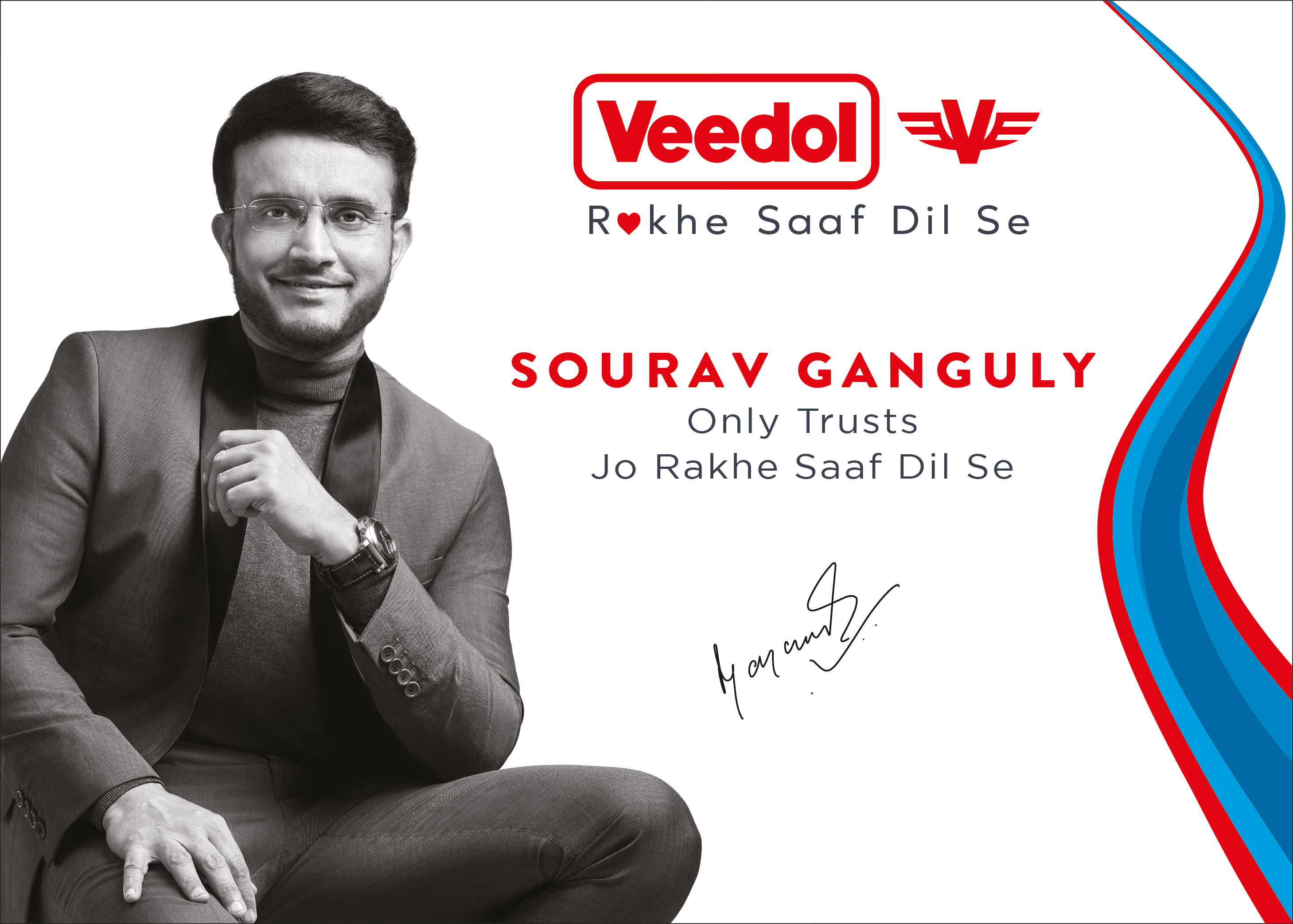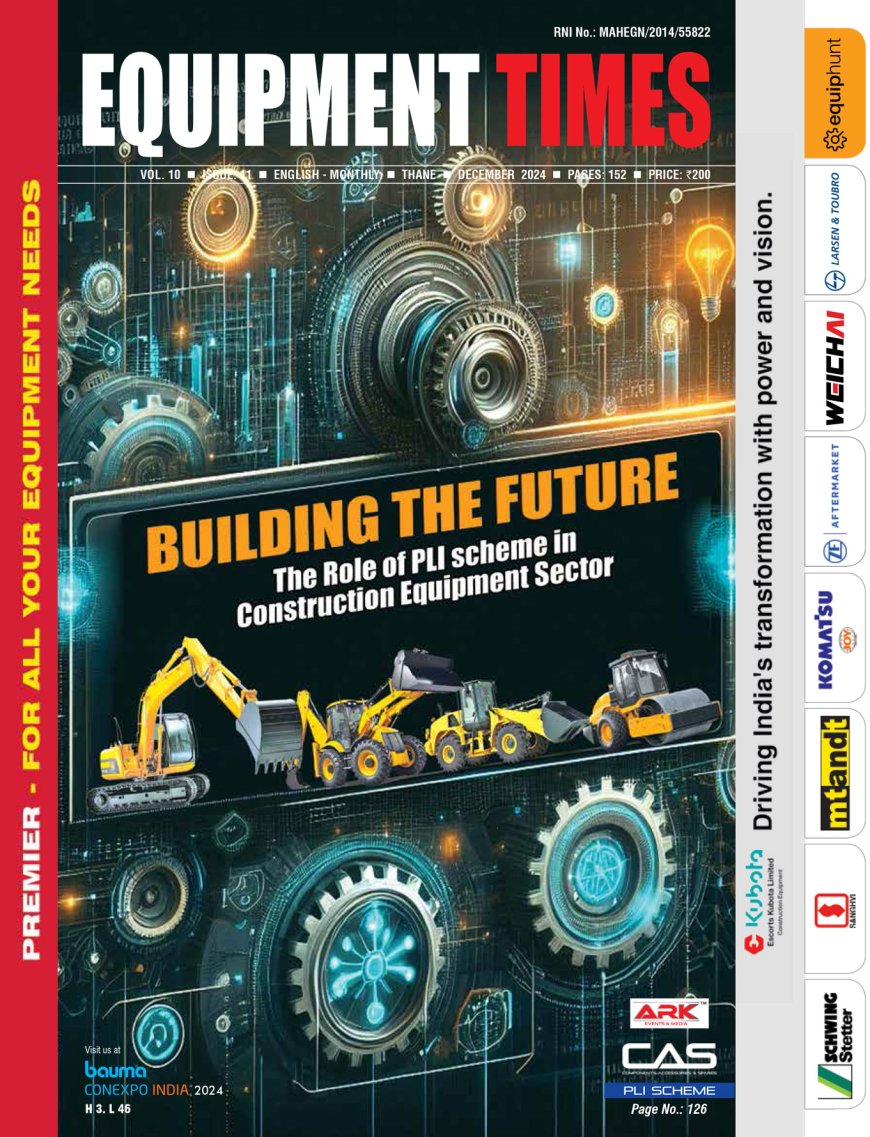At CASE we are in constant practice of developing sensitized technologies.
We at CASE India adopt from our global standards, infusing latest trends into our machines. Ajay Aneja, Brand Leader, CASE India. Innovation and technological enhancement is a continuous process and we may see greater advancements in time to come.
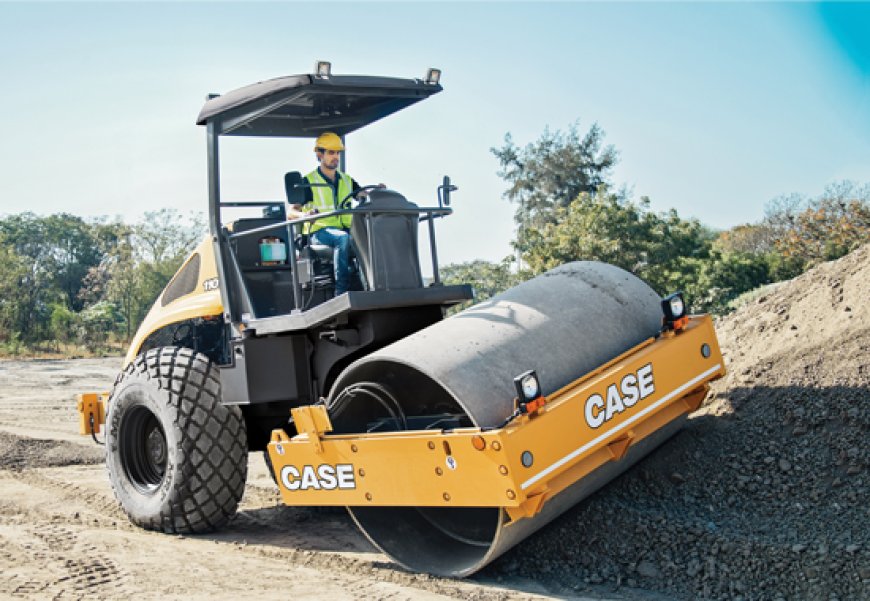
We at CASE India adopt from our global standards, infusing latest trends into our machines.
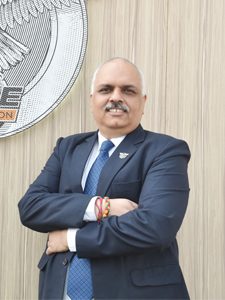 Ajay Aneja,
Ajay Aneja,
Brand Leader,
CASE India.
Innovation and technological enhancement is a continuous process and we may see greater advancements in time to come. Presence of global players like CASE India will help improve the pace of bringing global practices to India and their adoption as per local requirements,” says Ajay Aneja, Brand Leader, CASE India. Excerpts from the interview
How do you assess the current technologies used in India compared to the methodologies and equipment used in developed markets?
Healthy growth and bright future growth prospect has inspired many industry players to invest in newer technologies in the CE sector. Resultantly, we can experience the use of technological advancements like Eagle eye telematics, electronic engines, AI for manufacturing of equipment range and to enhance operational efficiency. We at CASE India adopt from our global standards, infusing latest trends into our machines. Our recent launches are having several additional functionalities such as advanced Eagle-eye-telematics solution which is a GPS based system, able to keep a track of the machine with the help of a unique feature called ‘geo-fencing’. This exclusive SMS alert feature helps the user with the controlled safety of the machine. Moreover, we are also in constant practice of developing sensitized technologies such as IoT to self-detect the imminent need for a repair which ultimately increases the uptime.
What are the major challenges in spreading advanced technology?
Like most other sectors, in construction equipment sector, we have our own challenges in terms of deploying advanced technologies. Resistance to change, lack of information on new technology, higher acquisition cost are some of them. However these challenges guide us to find a solution.
One of the major challenges that we face as an OEM is to train people and make them friendly with the machine for easy operations. To ease this process, CASE India has dedicated training centres that hosts training programs all-round the year. We also provide users a detailed booklet which gives them complete understanding of the operation of the machine.
To ease the burden of high acquisition cost, CNHi Global has its own financial arm which is present in India with the name CNHi Capital. It provides a comprehensive range of services, including wholesale and retail equipment financing support for our customers in the market place. The service helps our customers and potential customers in their equipment’s purchases.
Another challenge is the availability of the spare parts of the machine to the users. To enable easy access for customers with dealers and after-sales services, we have an extensive network of around 70 plus dealers with 300 plus touch points spreading across the length and breadth of the country to support the products with spares and service even in remote locations.
On top of all these, we have our Customer-Driven Product Definition (CDPD) process. Under this process, we invite our customers to participate in defining and rate new products. We involve CASE India and competitive customers in CDPD process to help us better understand their needs and work with CASE India to develop products that suit their needs and requirements.
Could you elaborate on the solutions CASE India is providing in soil / asphalt compaction and grading?
Soil compaction and grading are very important part of the process while laying down roads. It works as densifying, eliminating air gaps, improving the strength and stiffness of the soil and maintaining the specified base level.
CASE India offers 1107EX and 1110 EX in its soil compactor range. The recently launched CASE 1110EX-D with HVAC cabin, featuring a new FPT Industrial S8000 engine delivers 110 HP at 2300 rpm and torque of 430 Nm at 1400 rpm.
In its grader segment, CASE India offers premium 845 B, 14T (ideal for road construction) and 865 B, 15.5T graders which assure higher productivity, reliability and a significant amount of availability to contractors, with lesser maintenance costs.
What are the technology trends in compactors / graders especially with regard to ‘intelligent compaction / grading’?
CASE India, has come up with compaction meter technology in compactor range aiming for easier and before time job completion. CASE graders are also equipped with CRDI electronic engines for on-board diagnostics, having a laptop connectivity to download the entire data log and analyse the past and ongoing operations/also get to the root cause of any failure that may occur during operation. This technology offers an advantage over any mechanical engine grader which gives more control and more visibility on the usage of the grader.
To what extent this has been accepted by the end-user segments?
Any technology takes longer time to get acknowledged and adapted. Generally it takes time for the end user to understand and get well versed with the technology and then accept it. But looking at the growing demands and requirements, people are understating the value of technology and are also accepting it. To make it easier, at, CASE India we train the operators to get a hands-on the machine. We do it by a multi combo approach. We train the non-skilled and semi-skilled operators by holding a training program all around the year.
What initiatives do you expect from government bodies that bring in new specs and standards as mandatory in a road project?
In our view government has done a tremendous job in pushing infrastructure growth. We hope and expect that this fortune may continue. Besides, we think that clarity on ‘policy decisions’ is much needed to keep the growth moving. We expect the same co-operation from the government which we have up till now, with various projects.
If the project time is brought down considerably by project authorities, will it help the adoption of such advanced technologies?
For each and every project, a specific time-slot is allotted by the concerned authority. These time slots are determined considering multiple factors like geographical conditions, availability of resources, environmental conditions, fund, etc. Depending upon the nature of job and resources available at the disposal of the appointed vendor, equipment is deployed at the site. Reducing the time frame for a project can be an indicator for the project vendor to deploy equipment with advanced technology or more number of equipment.
Hits: 48





